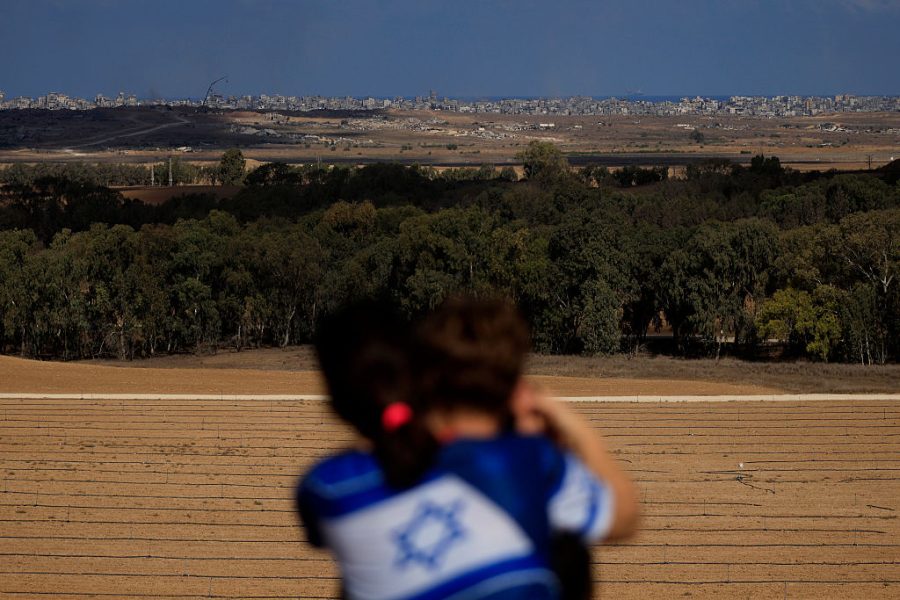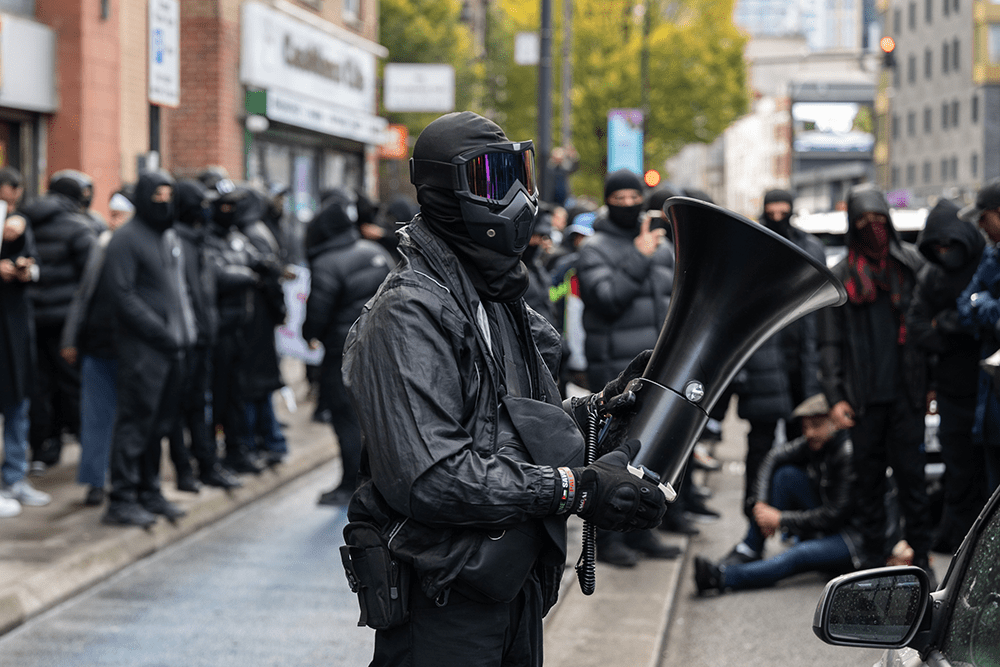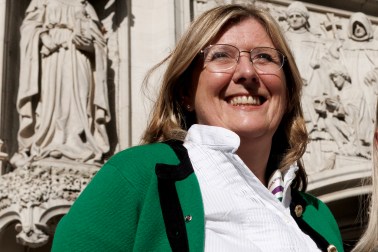A little over two months ago, I stood in the fallow murderscape of the Nir Oz kibbutz facing towards the barbed border fence with Gaza. Once, this village in southern Israel was a thriving community of 400 Jewish people, known for their left-wing ideologies and progressive ideals. But, two years ago on this very day, 500 Hamas terrorists smashed holes in the security wall, poured into Israel and stormed this quiet kibbutz. Nir Oz suffered the worst violence per capita of any village in the country that day, with a quarter of its population either slaughtered or taken hostage. Now only burned and looted cottages remain in this deserted memorial to inconceivable cruelty.
For me, having grown up during the sectarian bloodshed of the Troubles in Northern Ireland, it was the homely artefacts of the atrocity that stuck in my mind when I was there. The half-sipped drink that will never be finished, the child’s shoe in a pile of rubble, the empty chair. I photographed a microwave – that most banal and unremarkable kitchen appliance – with its open door punctured by a single bullet hole.
For me, having grown up during the bloodshed of the Troubles, the homely artefacts of the atrocity stuck in my mind
I stood in the wrecked living room of a retired teacher who devoted his later years to bringing Palestinian children to Israeli hospitals for treatment not available in the Gaza strip. He was not spared and was taken hostage by Hamas. Two years on, it remains unclear if he is living or dead.
I can’t forget the footage from another home where a Hamas terrorist calmly murdered a father of two boys trying to take shelter by tossing a grenade into their hiding place. After he left, the boys, grievously injured, tried to comfort each other. One had lost an eye. ‘Why am I alive’? he cried, a lamentation so desolate and grotesque from the mouth of a child. A lamentation that will not be unfamiliar to children now hiding in terror in the ruins of Gaza.
Then there were the 1,000 bottles of red wine lovingly made by Gideon Pauker, 79. That year’s grape harvest was just in when Hamas came. Pauker was killed in his safe room. His colleagues were taken hostage. The bottles were left to fester in the village bomb shelter, while plans to continue his vineyard had yet to bear fruit.
Israeli society was and remains divided over the tactics of its government in waging a war on Gaza, which has rained destruction down on combatants and innocents alike in the strip. But external events have the power to unite them. The UK’s reckless and morally incontinent recognition of the state of Palestine was welcomed in the region only by Hamas who regarded it as the ‘fruits’ of its labours in places like Nir Oz. It is hard to imagine a less respectable cause than that which saw Shiri Bibas and her twin babies, Ariel and Kfir, ripped from an ordinary morning into the hell of Hamas hostage tunnels to be later ‘deliberately’ killed in cold blood. But we know this behaviour will still be celebrated, even today. British university students are already planning demonstrations and festivals of ‘resistance’ across the country. Sir Keir Starmer’s warnings not to attend these ‘un-British’ rallies are likely to fall on deaf ears. The depraved indifference to suffering so soon after an act of anti-Semitic terror in Manchester breaks your faith in human nature.
Back in Nir Oz, it is unclear whether anyone will return to live in this cursed place. My guide was a Jewish immigrant who, like many of her neighbours, had left Europe to make a new life in what many people living there regarded as a ‘paradise’. As we reached the end of our sorrowful tour, she looked out towards Gaza and gestured towards the patched security fence. ‘My taxes paid for this’ she said, referring to what she saw as the Israeli’s government’s disastrous strategy to keep Hamas quiet by paying them. That quietness, of course, did not last. Meanwhile, in Nir Oz, the silence is deafening.








Comments